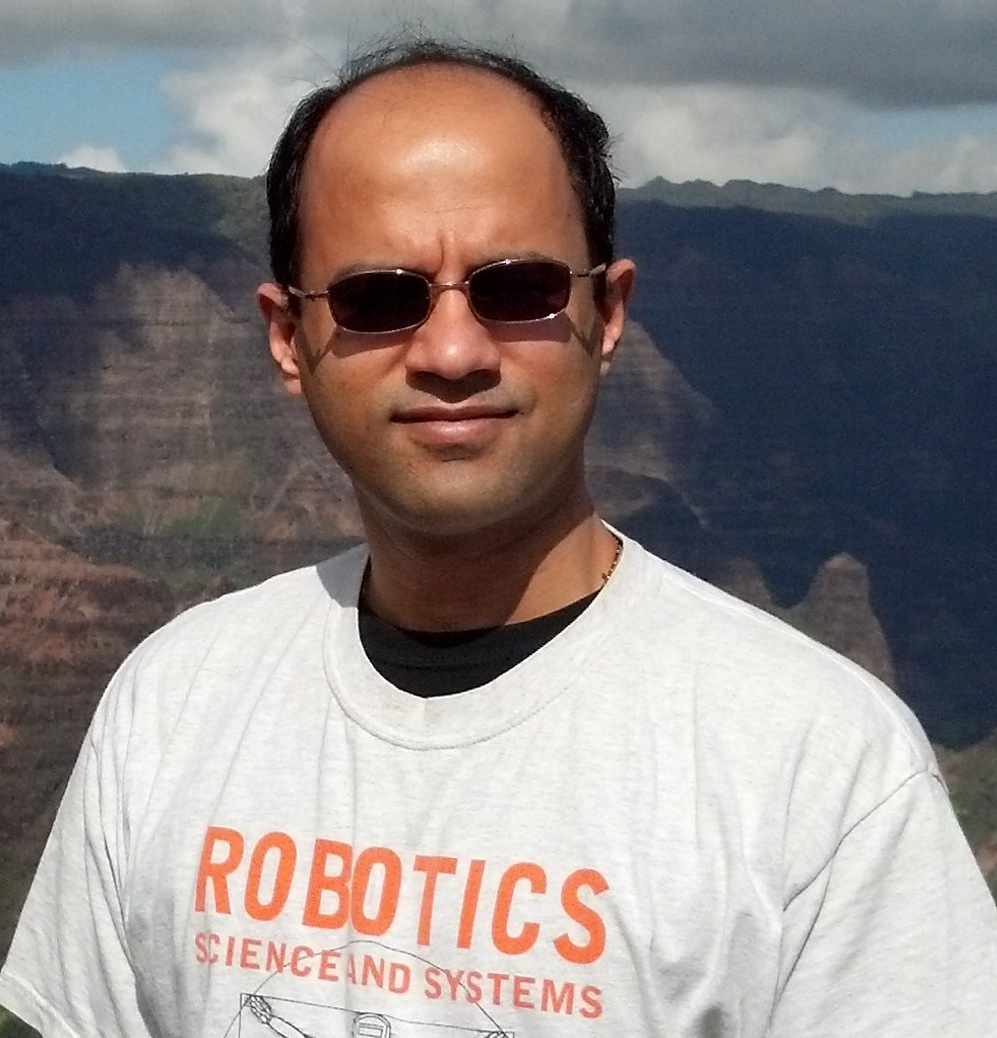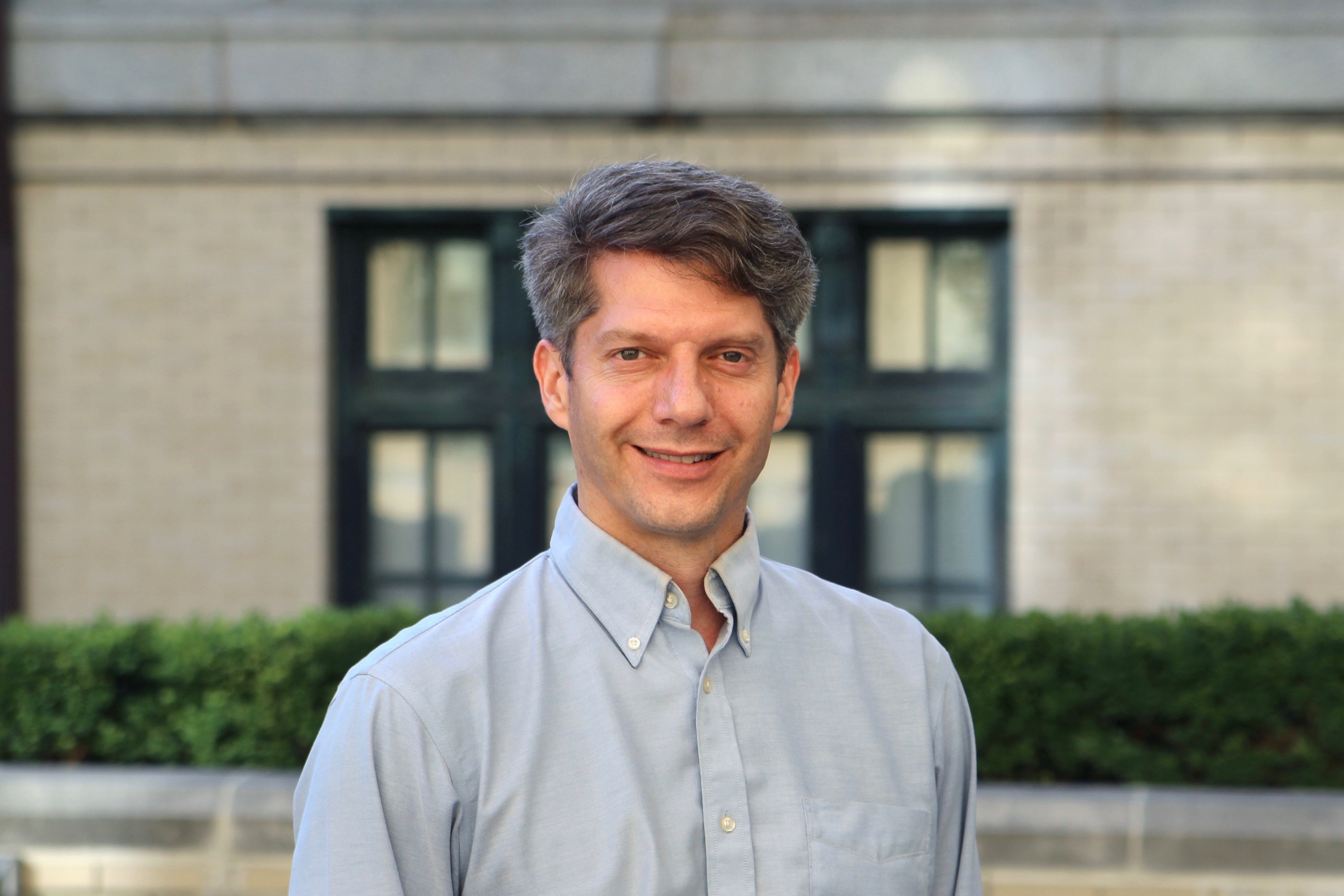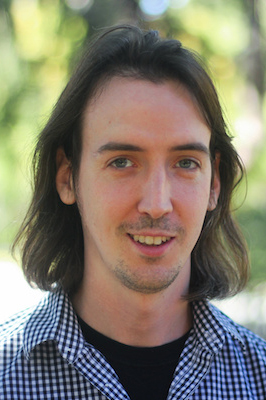RI Seminar
Robotics-Inspired Implantable Passive Mechanisms to Surgically Re-Engineer the Human Body
Abstract: Tendon-transfer surgeries are performed for a variety of conditions such as stroke, palsies, trauma, and congenital defects. The surgery involves re-routing a tendon from a nonfunctioning muscle to a functioning muscle to partially restore lost function. However, a fundamental aspect of the current surgery, namely the suture that attaches the tendon(s) to the muscles, [...]
Rendering Material Properties through Touch
Abstract: Humans haptically perceive the material properties of objects, such as roughness and compliance, through signals from sensory receptors in skin, muscles, tendons, and joints. Approaches to haptic rendering of material properties operate by stimulating, or attempting to stimulate, some or all of these receptor populations. My talk will describe research on haptic perception of [...]
From Automation to Autonomy and the Ubiquity of Moral Decision Making
Abstract: I argue that there is an important sense in which all decisions are moral decisions and I explore some implications of this insight (and its denial) for the design and human impacts of increasingly complex automated systems and emerging autonomous systems. This insight is obscured when we think about automated systems by the social [...]
Learning to Drive
Abstract: Why is our understanding of sensorimotor control behind our understanding of perception? I will talk about structural differences between perception and control, and how these differences can be mitigated to help advance sensorimotor control systems. Judicious use of simulation can play an important role and I will describe some simulation tools that we have [...]
Imaging the World One Photon at a Time
Abstract: The heart of a camera and one of the pillars for computer vision is the digital photodetector, a device that forms images by collecting billions of photons traveling through the physical world and into the lens of a camera. While the photodetectors used by cellphones or professional DSLR cameras are designed to aggregate as [...]
Carnegie Mellon University
Lesson Learned from Two Decades of Robotics Development and Thoughts on Where We Go from Here
Abstract: In this talk, Herman Herman will offer various lessons learned from developing various robots for the last 2 decades at the National Robotics Engineering Center. He will also offer his perspective on the future of autonomous robots in various industries, including self-driving cars, material handling and consumer robotics. Bio: Dr. Herman Herman is the [...]
Factor Graphs for Robot Perception
Abstract: Factor graphs have become a popular tool for modeling robot perception problems. Not only can they model the bipartite relationship between sensor measurements and variables of interest for inference, but they have also been instrumental in devising novel inference algorithms that exploit the spatial and temporal structure inherent in these problems. I will overview [...]






